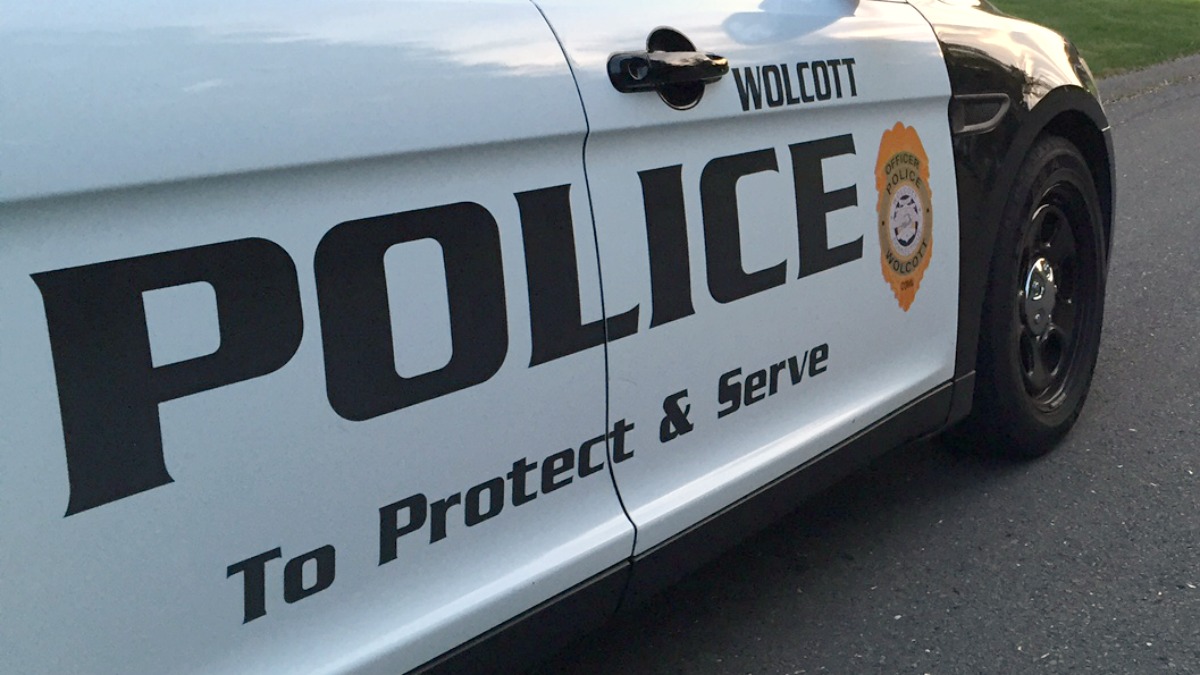There are lots of steps in the licensing process for recreational cannabis in Connecticut.
Ginne-Rae Clay, the Executive Director of the Social Equity Council joins Mike Hydeck to give an update where that process stands.
Mike Hydeck: Connecticut is about to take another big step when it comes to recreational marijuana sales in our state. The Social Equity Council recently approved five retail licenses. Now, they still have to be vetted by the Department of Consumer Protection for the final go ahead, but this follows the approval of 16 licenses to cultivate the crop. And those new operations have to take place in areas where the federal War on Drugs disproportionately impacted certain communities. Joining me now to explain where we are in this whole process is Ginne-Rae Clay. She's the Executive Director of the Social Equity Council.
Mike Hydeck: This has been a long arduous process. Let's start with the cultivator licenses; 16 cultivator licenses were approved. Are there parameters on how much people can grow or how little?
Get Connecticut local news, weather forecasts and entertainment stories to your inbox. Sign up for NBC Connecticut newsletters.
Ginne-Rae Clay: There are parameters on the growth space. So I just want to start out by letting you know that the Department of Consumer Protection is responsible for compliance and for issuing the licenses as it relates to adult use cannabis. The Social Equity Council where I am the executive director is responsible for making sure that there are programs in place to assist the social equity applicants to be successful in starting up their endeavors. The Social Equity Council is also responsible for setting the criteria for which the social equity applicants had to meet in order to benefit from the social equity portion of the adult use cannabis law.
Mike Hydeck: So another question. No, can you can finish, go ahead if you have another another phrase?
Ginne-Rae Clay: So I don't have all the details as far as the compliance area. I just wanted to be clear with that.
Local
Mike Hydeck: Okay, so regarding social equity, let's dig a little deeper into that. One of the things that caught my attention was the application fee is $3 million. So for talking about social equity, one of the concerns I believe about social equity was we don't want big business coming in and financing the whole thing and then taking the operation away from a social equity applicant, that $3 million price tag for a fee seems pretty high. How was that arrived at?
Ginne-Rae Clay: That is in the legislation that was set by the legislators, and that is also monitored, and the compliance of that is with the Department of Consumer Protection. But I will say to you that you know, standing up a cultivating business in as it relates to recreational cannabis is a very expensive venture. And so if you are don't have the backing to get the license portion of it, it is likely that you will have a difficult time in getting the business itself stood up. So it is expected that the social equity applicant who would be the owner, and the controller of the business would then seek investors to support standing up their business and carrying out the business of cultivating adult use cannabis.
Mike Hydeck: So to be the controller of the business, regardless of the fact that you have investors, how is that defined?
Ginne-Rae Clay: So the social equity applicants must be, own 65%. And it could be the applicant or applicants. So folks who qualify a social equity applicants there can be two, there could be three, there could have been 10 of them, putting together the application and applying. And so the social equity applicant has to own 65% of the business and they must control the business, the day-to-day activities. They have to be able to hire, fire, set policy, sign off on loan, sign off on documents and have the final decision in what happens in that business on a day-to-day basis.
Mike Hydeck: Now when we talk cultivator license and if you're not sure about where this falls, I totally understand. When he's talking about the cultivator licenses, does mean they are strictly wholesale, they grow the product and then wholesale it to a retailer?
Ginne-Rae Clay: They strictly grow the product and sell to a retailer or others.
Mike Hydeck: Got it. Okay, so social equity, of course, as your whole job and this is leveling the playing field for entrepreneurs, making sure they have a controlling interest after they were impacted by the war on drugs. But in the larger picture does that mean big business will be kept out? We are, of course, the home of the hedge fund here in Connecticut.
Ginne-Rae Clay: I can't answer that question for you. That is a question for the law. So that means that for questions for the legislature.
Mike Hydeck: Got it okay. So where are we in this process? We have two licensure procedures gone. What happens next?
Ginne-Rae Clay: So the next, so after the council votes on the recommendation of either, you meet the definition or you do not meet the definition or criteria of the social equity applicant, if you meet the definition, we forward your name to the Department of Consumer Protection. The Department of Consumer Protection then reviews a background check of the establishment owners, and then they are issued a provisional license if they pass the background check. For those folks who have who have been denied in the what we call the equity joint venture area, those folks actually have an opportunity to resubmit their applications. The 149, or the cultivators did not have that opportunity. But the equity joint ventures can look at the reasons why they did not qualify. And if there's things that they can cure, they have the opportunity to cure and resubmit the application, we will review them again. And then we will forward them, those that meet the criteria will be forwarded to the Department of Consumer Protection, and they will be a background check and they will be issued a provisional license. And with that provisional license, they have 14 months to stand up their business, to open for business.
Mike Hydeck: Do we have an idea right now of how many more rounds of license applications will be accepted?
Ginne-Rae Clay: So we are voting on several applications in the near future. And I'm just going to go to my list here. So we have applications for a delivery service. We have applications for food and beverage product packager, product manufacturer transporter and the hybrid retailer. So those are the licenses that we will be coming to the applications that will be coming to the Social Equity Council for review to establish that the applicants are social equity applicants and then those that meet the criteria will then be forwarded to the Department of Consumer Protection for for the process.
Mike Hydeck: In essence, we are standing up in entire industry here. Ginne-Ray Clay, thanks so much for your time.



